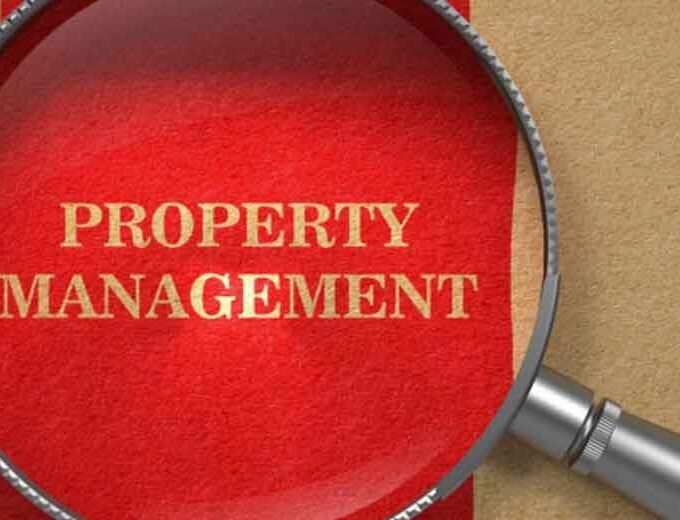Property Damage Risks
Property damage risks refer to the potential risks of harm or loss to a property caused by natural disasters, accidents, or intentional acts. Here are a few common property damage risks:
- Natural Disasters: Natural disasters, such as hurricanes, earthquakes, floods, tornadoes, and wildfires, can cause significant damage to a property. Property owners should be aware of the risks associated with their location and take necessary measures to protect their property.
- Fire: Fires can be caused by out of order electrical systems, cooking accidents, or heating equipment malfunctions, along with other causes. It can cause extensive damage to the property and also pose a risk to the safety of the occupants.
- Water Damage: Water damage can occur from floods, burst pipes, leaky roofs, or even clogged gutters. Water damage can lead to mold growth, structural damage, and other problems if not addressed promptly.
- Vandalism and Theft: Vandalism and theft can cause damage to a property and result in loss of valuable assets. Property owners should take necessary measures to prevent break-ins and unauthorized access.
- Tenant Damage: Tenant damage can take place due to negligence, accidents, or intentional acts of tenants. Property owners should require tenants to carry renters insurance and conduct regular inspections to detect any damage.
- Mechanical and Electrical Systems Failure: Mechanical and electrical systems failure can cause property damage owing to equipment malfunction, wear and tear, or improper maintenance. Property owners should carry out regular inspections and maintenance of their equipment.
Overall, property owners should be aware of the potential risks and take necessary measures to mitigate them. This includes carrying proper insurance coverage, conducting regular inspections and maintenance, and implementing safety measures.
Property management techniques refer to the various strategies and practices used to effectively manage a property. Here are a few property management techniques implemented by Manhattan property management companies:
- Tenant Screening: It is important to screen tenants to ensure that they are reliable and trustworthy. This includes checking their credit scores, rental history, and employment status.
- Maintenance and Repairs: Regular maintenance and repairs are essential to keep the property in good condition. This includes fixing any damages, performing routine inspections, and responding to tenant maintenance requests.
- Rent Collection: Rent collection should be timely and consistent to ensure cash flow for the property. This can be facilitated through electronic payments or through a property management software.
- Communication: Effective communication is key to maintaining a positive relationship with tenants. This includes responding promptly to tenant inquiries and concerns.
- Lease Agreements: A well-drafted lease agreement can help prevent disputes between tenants and landlords. This includes specifying the terms of the tenancy, including rent, duration, and security deposits.
- Budgeting and Financial Reporting: Property managers should prepare and adhere to a budget to ensure that the property is profitable. Financial reporting should also be done regularly to provide transparency to stakeholders.
- Marketing: Effective marketing strategies can help attract new tenants and retain existing ones. This can include online listings, signage, and promotions.
- Legal Compliance: Property managers should comply with all local, state, and federal regulations. This includes ensuring that the property meets safety and health standards and adheres to fair housing laws.
What are the roles of property managers?
The roles of property managers or Manhattan property management companies can vary depending on the type of property they manage, but generally include the following:
- Tenant Management: Property managers are responsible for finding and screening potential tenants, collecting rent, and handling any tenant complaints or requests.
- Property Maintenance: Property managers must ensure that the property is well-maintained and in good condition. This includes performing regular inspections, scheduling repairs and maintenance, and managing any necessary renovations.
- Financial Management: Property managers are responsible for managing the finances of the property, including setting budgets, collecting rent, paying bills, and handling any financial reporting.
- Legal Compliance: Property managers must ensure that the property is in compliance with all local, state, and federal laws and regulations. This includes adhering to fair housing laws, building codes, and safety regulations.
- Marketing and Advertising: Property managers must market and advertise the property to potential tenants. This includes creating listings, hosting open houses, and networking with other professionals in the industry.
- Tenant Relations: Property managers must maintain positive relationships with tenants, handling any issues that may arise and providing a high level of customer service.
- Risk Management: Property managers must identify and mitigate potential risks associated with the property. This includes addressing any safety concerns and ensuring that the property is properly insured.
Overall, the role of a property manager or Manhattan property management companies is to ensure that the property is well-maintained, profitable, and meets the needs of both the owner and the tenants.
















